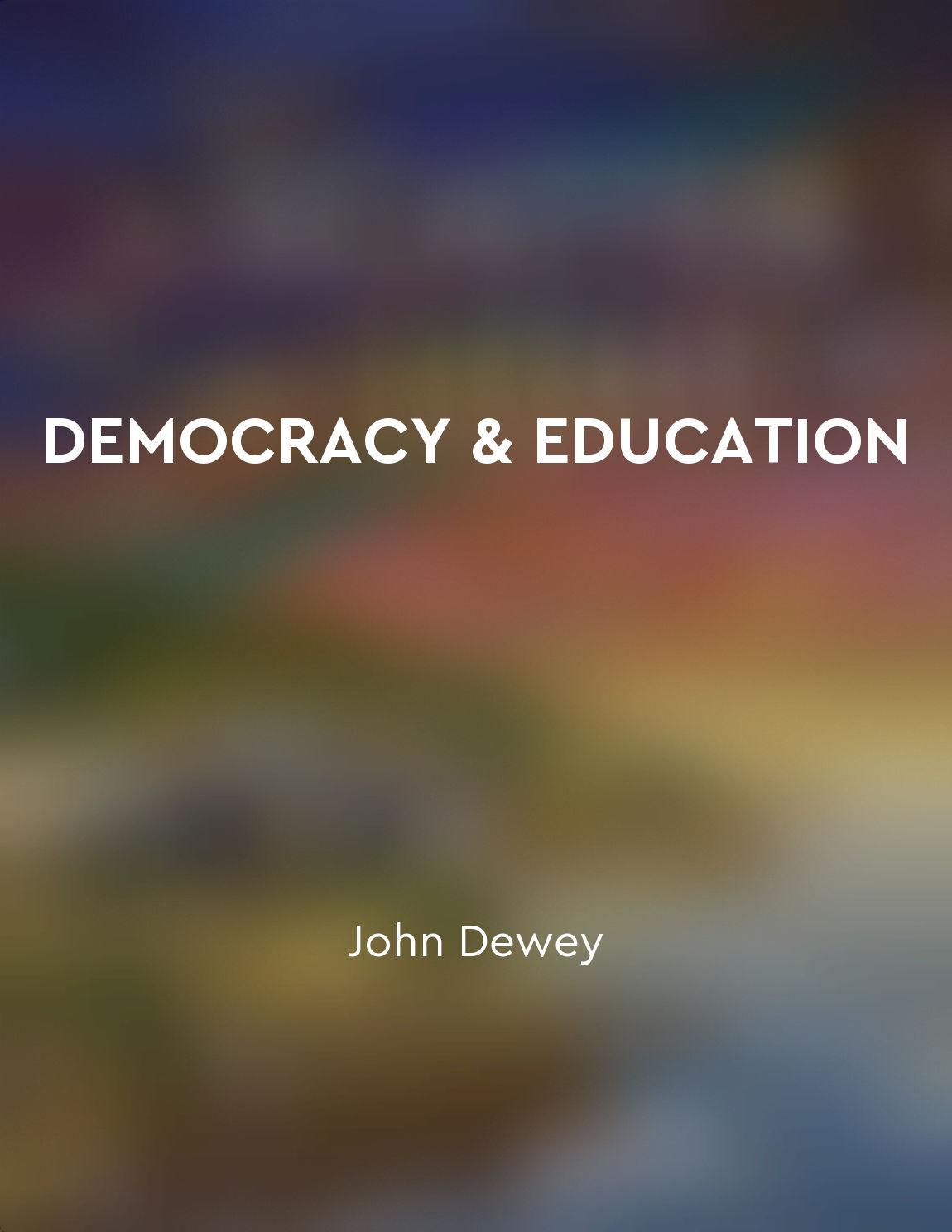Laws should reflect the will of the people from "summary" of The Rights of Man by Thomas Paine
The principle of laws reflecting the will of the people is the foundation of a just and equitable society. When laws are in accordance with the wishes and desires of the populace, they are more likely to be accepted and obeyed. This creates a sense of unity and cooperation among the citizens, as they feel that their voices are being heard and their interests are being protected. In a democratic society, the people are the ultimate authority, and their consent is required for the legitimacy of laws. If laws do not align with the will of the people, they risk being seen as unjust and oppressive. This can lead to resentment and resistance, as individuals feel that their rights and freedoms are being infringed upon. It is essential for laws to be based on the common good and the welfare of society as a whole. When the will of the people is reflected in legislation, it ensures that the needs and interests of the majority are taken into account. This promotes social harmony and stability, as individuals feel that their concerns are being addressed and their rights are being respected. Furthermore, when laws are in line with the will of the people, it fosters a sense of ownership and responsibility among citizens. They are more likely to actively participate in the legal and political process, as they feel that their input is valued and influential. This strengthens the democratic system and promotes civic engagement and empowerment.- The principle that laws should reflect the will of the people is fundamental to a just and democratic society. When legislation is aligned with the wishes and interests of the populace, it promotes unity, cooperation, and social harmony. It ensures that the rights and freedoms of individuals are protected and respected, and it encourages civic engagement and responsibility. Ultimately, this principle is essential for the legitimacy and efficacy of the legal system.
Similar Posts

Learning is a social process
Learning is a social process because it involves interaction with others. When individuals engage with others, they have the op...
A just society promotes individual freedoms
In a society founded upon the principles of justice, it is essential that individuals are granted the freedom to express themse...
Authority must be derived from the people
The authority to govern a society must come from the people themselves. This is a fundamental principle that underpins the legi...
Values influence political decisions
Values play a crucial role in shaping political decisions. The beliefs and ideals held by individuals or groups greatly influen...

Legal rules are influenced by culture
The laws of a community are always closely connected with the habits and beliefs of that community. The legal rules are not som...
Social justice requires dismantling oppressive structures
Dr. Ambedkar emphasizes the need to understand that true social justice can only be achieved by dismantling oppressive structur...
Judicial decisions impact society
The decisions made by judges in courtrooms across the country have a profound impact on society as a whole. These decisions not...

